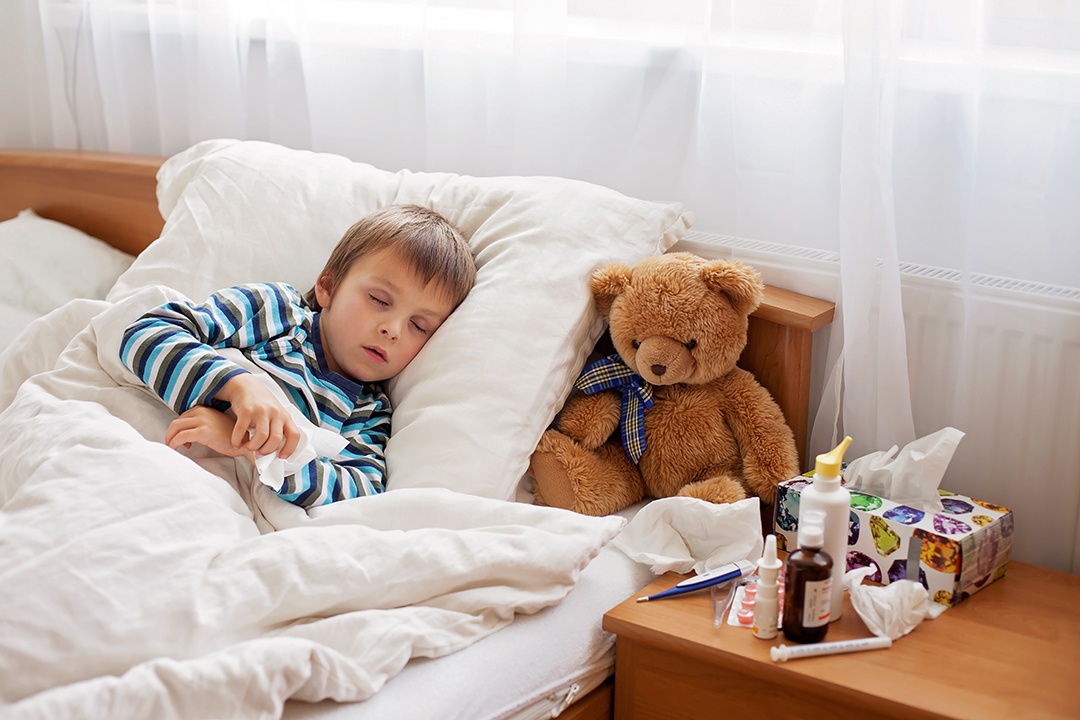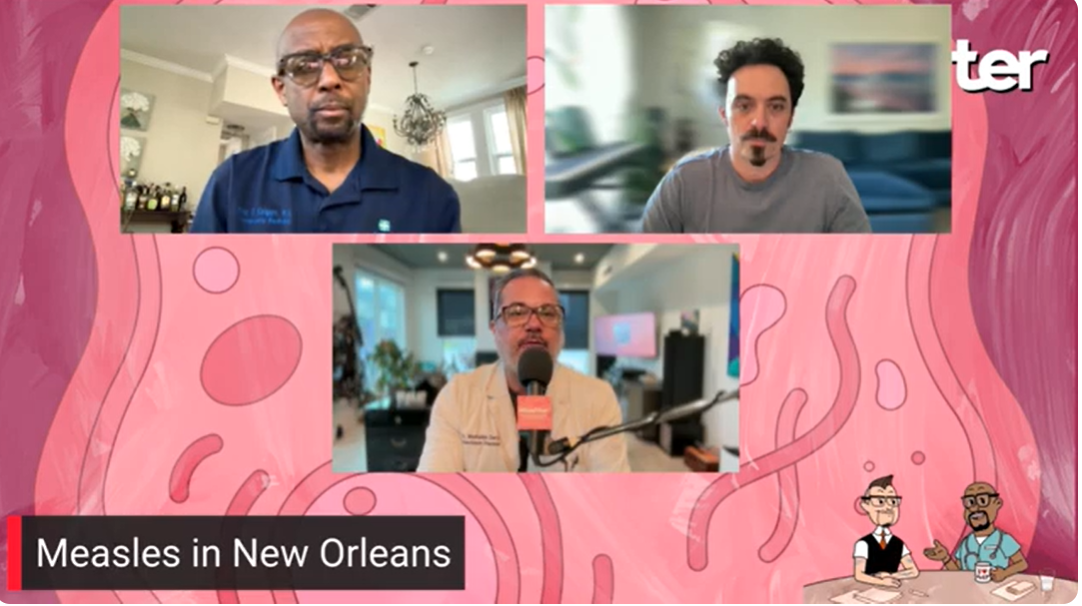
When it comes to protecting their children from colds, many parents still turn to unproven “folklore” methods, according to the results from a recent poll.
The C.S. Mott Children’s Hospital National Poll on Children’s Health surveyed parents of children aged between five and 12 years nationwide on what they do to keep their children from catching colds. Of the 2,007 parents invited to participate, 1,119 completed the survey.
https://twitter.com/cnnhealth/status/1087394428535431169
Nearly all respondents (99%) said they encourage personal hygiene—frequent hand washing (99%), not putting their hands near their nose or mouth (94%), not sharing utensils or drinks (94%), and using hand sanitizers (70%)—to prevent colds in their children.
The second most reported strategy was keeping their children away from people who are already sick (87%); the majority (84%) said they sanitize their child’s environment by washing household surfaces (77%) or toys (49%) more frequently. A smaller percentage (64%) said they ask family members not to hug or kiss their child, and three-fifths said they would cancel a playdate or social activity if any of the children attending were sick. A few (31%) said they stay away from playgrounds entirely when colds are going around.
Almost all parents encourage personal hygiene habits (such as frequent handwashing) to prevent colds in children, consistent with scientific evidence – Latest #MottPoll reporthttps://t.co/EChVvp1NPe
— Mott Poll (@csmottpoll) January 21, 2019
Despite no evidence to support these methods, 70% of parents said they use “folklore strategies”: 52% said they tell their children not to go outside with wet hair, 48% tell their children to stay inside, and 23% tell their children to go outside more.
An additional 51% use over-the-counter vitamins or supplements that have not been scientifically linked to preventing colds, the most common of which were vitamin C (47%). Some parents tried zinc (15%) or Echinacea (11%), and a quarter used children’s immunity-boosting products.
It is that time of year and I get this question a lot. It is normal for children to get 7-8 colds a year! https://t.co/MpDiR5JyBY
— Heather Felton, MD (@HeatherFeltonMD) January 17, 2019
“The positive news is that the majority of parents do follow evidence-based recommendations to avoid catching or spreading the common cold and other illnesses,” said poll co-director Gary Freed MD, MPH, M.P.H., a pediatrician at Mott, in a press release. “However, many parents are also using supplements and vitamins not proven to be effective in preventing colds and that are not regulated by the U.S. Food and Drug Administration. These are products that may be heavily advertised and commonly used but none have been independently shown to have any definitive effect on cold prevention.”
Prevent the spread of colds and #flu: Teach your children to use good coughing etiquette and the importance of washing their hands. pic.twitter.com/YQVp3TTOzO
— Health and Wellness (@peigovhealth) January 13, 2019
Children suffer from an average of three to six colds a year, according to the report, some of which may last up to two weeks; the illness could have repercussions for the whole family. It’s therefore even more important that parents employ evidence-based strategies to prevent their children from getting sick.
“While some methods are very effective in preventing children from catching the cold, others have not been shown to actually make any difference,” said Freed.
Source: C.S. Mott Children’s Hospital







 © 2025 Mashup Media, LLC, a Formedics Property. All Rights Reserved.
© 2025 Mashup Media, LLC, a Formedics Property. All Rights Reserved.